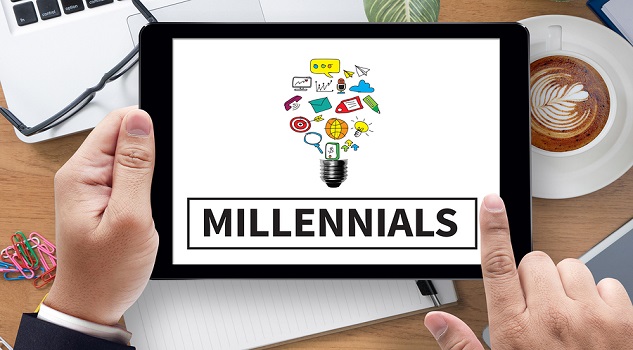With rising rates of burnout continuing to unfold before us – largely absorbed by the millennial generation – it begs the question of not just ‘why’ (which is multifaceted) but ‘who’ is responsible for managing this. Stepping away from the individual responsibility that millennials have to themselves, and the government or health care responses in managing the symptoms of burnout, there isn’t enough attention given to how the workplace can support this.
And while some would argue that this is part of the mental health awareness that workplaces have seemingly progressed with over the past years, it’s more than that. This – while still an educational and awareness deficient – is more about the traits of millennials. Those traits, or behavioural tendencies and attitudes if you will, have been born because of upbringing; the parental conditioning.
There’s common knowledge that millennials have grown up as the ‘trophy generation’; a generation who have been praised excessively by their parents; a generation who have been conditioned to believe that they can be, do or have anything they want. On the one hand, this parental ‘encouragement’ has influenced their approach of stepping out into the workplace arena and asking (or getting) what they want. On the other hand, it has set this generation up for the complex conundrum of validation: a reward and recognition complex if you will, given the workplace – and interactions with colleagues and managers – has proved different from the environment they grew up in.
Current environments where rewards and recognition aren’t just given out, but instead, there’s a requirement to exert a significant amount more energy and effort to achieve the same feelings of achievement or praise. All of which, over time, are building against a backdrop of internal complexes like perfectionism and inferiority – where getting it right, and the feelings of being good enough, are dwindling because the feedback loop that was there growing up, isn’t anymore.
The issue workplaces have right now is twofold. First, millennials not understanding the internal (and ‘unconscious’) driver which is causing them to excessively exert themselves, keeping them trapped in a cycle where they remain hopeful that by continuing to do more, will at some point provide the external validation they are seeking (in the meantime, moving closer to burnout). Second, managers not understanding the formative backgrounds of millennials and the complex relationship with perfectionism, worth and value that is being played out on a day-to-day basis; how this is manifesting via workload imbalances and relentless expectations? And, how the act of providing a little more praise and helping millennials manage themselves and their work, can make all the difference.
Regardless of the complexity of millennial burnout, workplaces don’t just have a responsibility, but the potential to create meaningful impact to the working lives – and wellbeing – of this generation. And until more awareness is created, and a concerted effort made by millennials and their managers to educate themselves and work in mutually supportive ways, then issues pertaining to performance, engagement and burnout, will continue.









![I’m sick of entitled millennials who [fill in the blank]](https://insidesmallbusiness.com.au/wp-content/uploads/2021/04/How-to-keep-your-millennial-employees-engaged-200x150.jpg)



